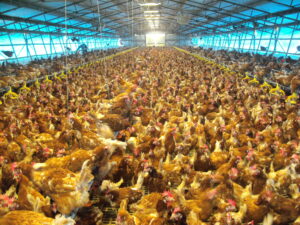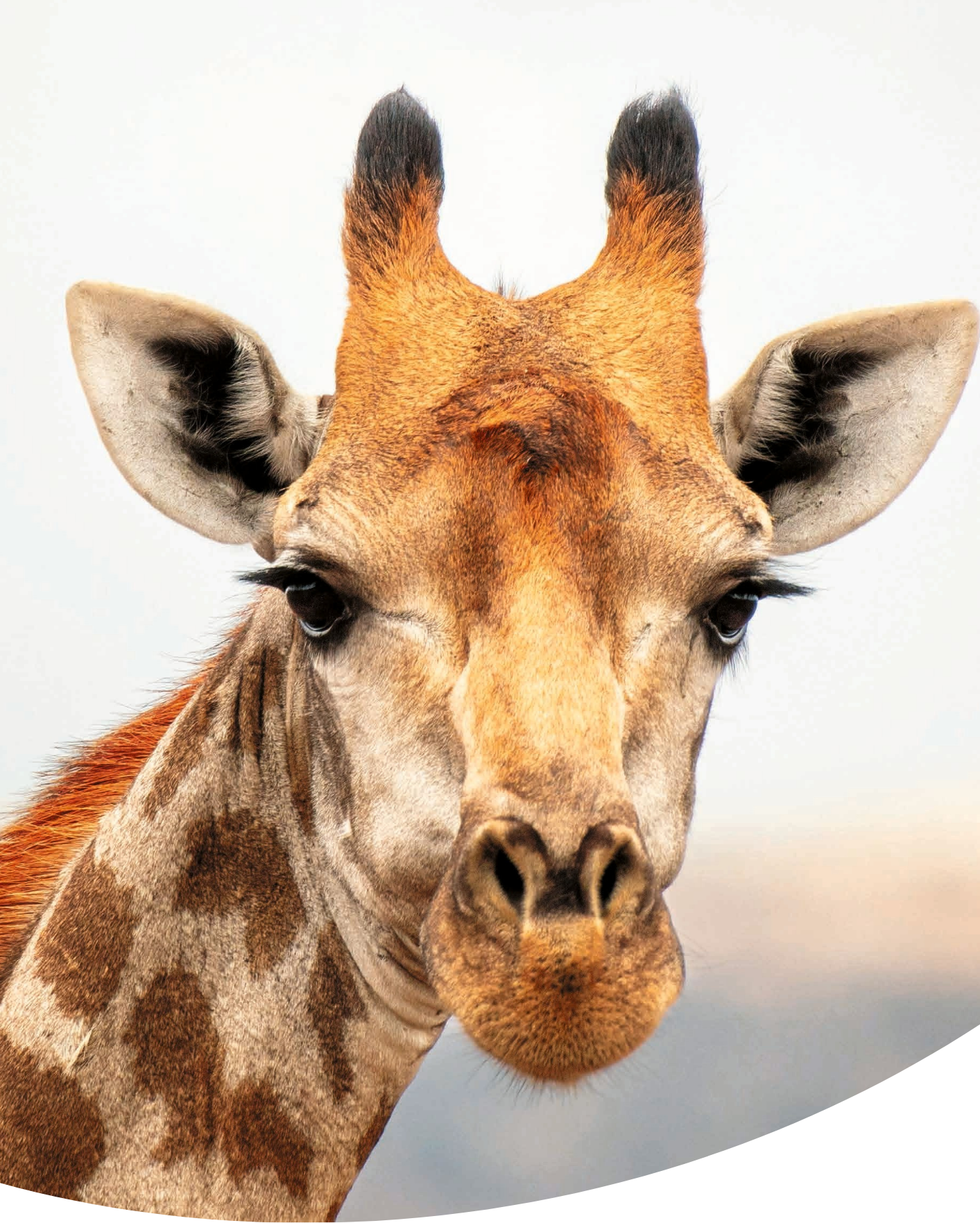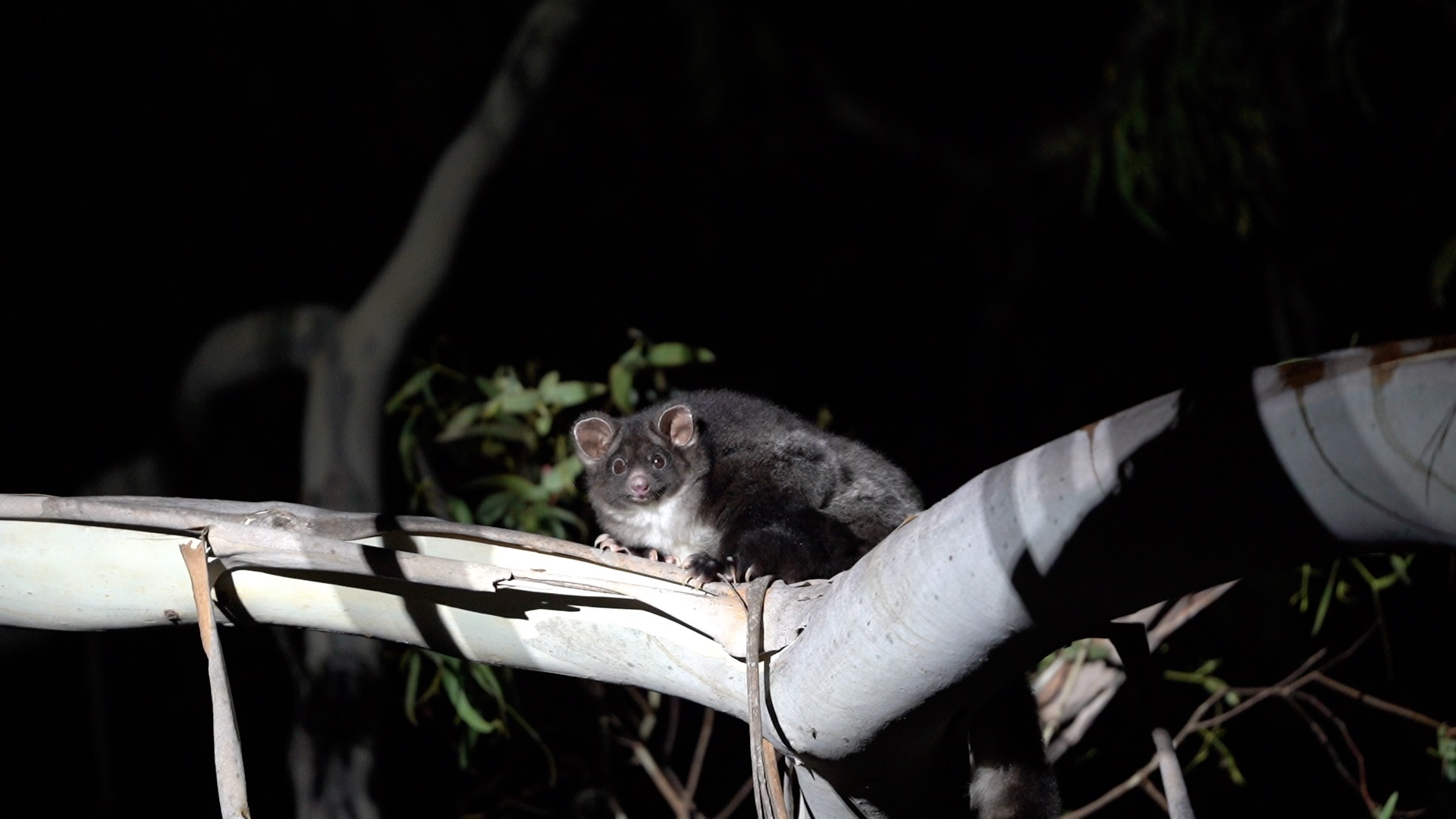Find out more about our work on federal environment reforms, the recent victory in protecting whale sharks, an update on our partner projects and lots more.
There are a lot of marketing terms and misconceptions when it comes to eggs, such as free range, pasture raised and barn laid. Here’s our guide on eggs-actly what to look out for.
Sadly, Aussie eggs labelled ‘free range’ often aren’t as free as you’d think.
Thanks to egg industry lobbying, and a political fix following prosecution of egg suppliers for falsely claiming to be free range, eggs in Australia are now allowed to be labelled ‘free range’ even when they have a stocking density as high as 10,000 birds per hectare. However, 10,000 hens per hectare is too high and is actually intensive farming! A stocking density of 1,500 hens per hectare or less is much preferable for the wellbeing of hens and is more in keeping with what is usually considered free range.
Look at the graph below to see how Australia’s definition of free range is out of step with other schemes and the rest of the world.

By law, the outdoor stocking density must be prominently disclosed on the egg carton for any eggs labelled ‘free range’ so you can at least judge for yourself whether what is labelled free range truly meets the grade and avoid high stocking densities. If no stocking density is displayed, then those eggs are best avoided as they are not complying with the law. So, if you’re shopping for eggs, don’t just look for the words ‘free range’, check the stocking density, and see how low you can go!
Hens inside the shed of a free range farm allowing up to 10,000 birds per hectare for the outdoor stocking density:

The kindest option is to simply avoid eggs altogether. Fortunately, there are countless plant-based egg substitutes available, so for your next baking creation, why not try substituting eggs for aquafaba, silken tofu, banana or apple puree, or ground flax or chia seeds. Small dietary changes like these can drastically reduce animal suffering and they make big positive change for the welfare of hens. For more information on how to reduce your intake of animal products our article below has a few tips.


